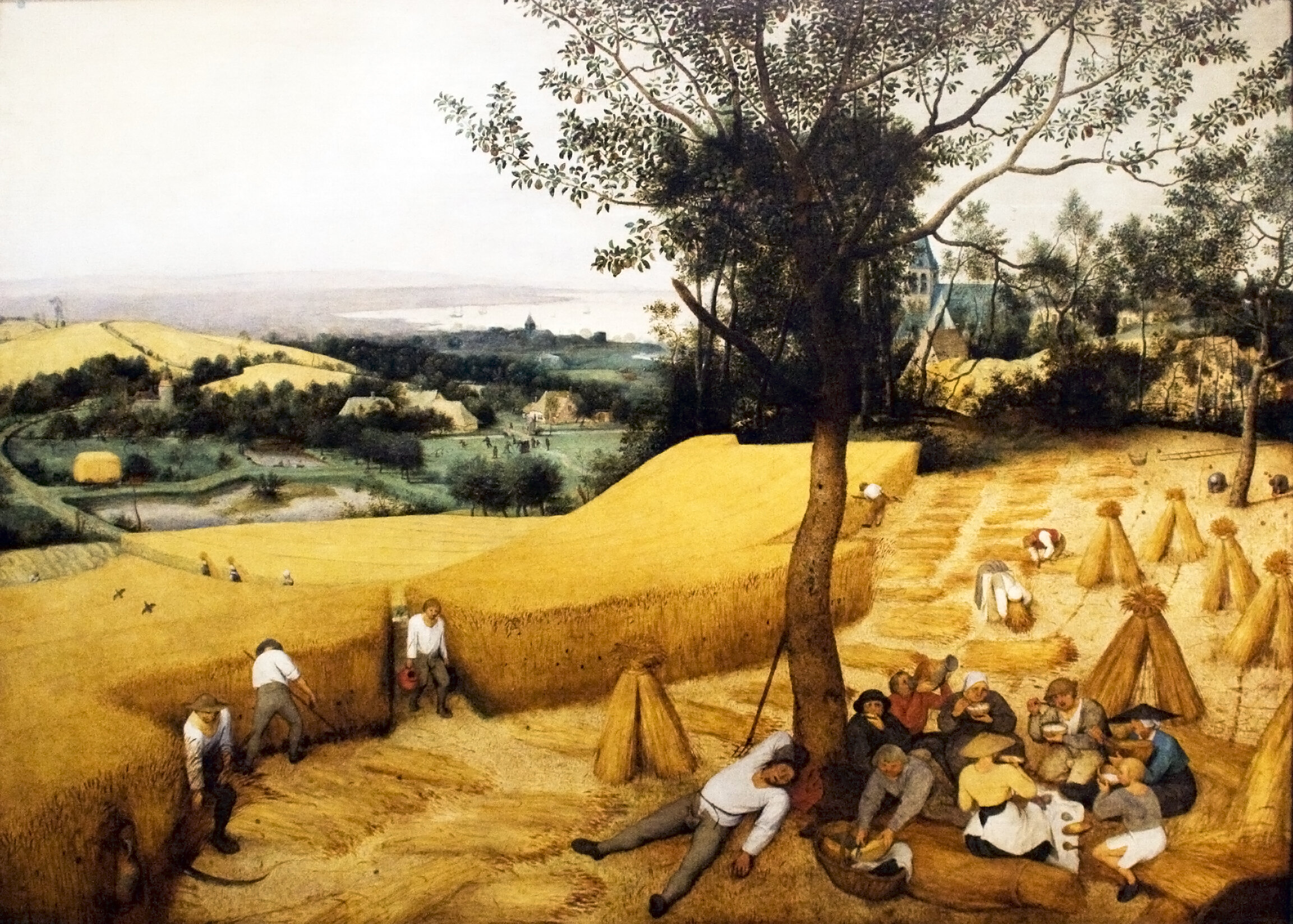Carl Frey: Worker-replacing and labour-augmenting technological change — The Eudemonic Project
Economic growth is in large part the result of labour-saving technologies that allow us to produce more with fewer workers. The wealth of nations can be seen as a steady flow of labour-saving inventions over the centuries. The share of the wealth being captured by labour, however, depends on the characteristics of those inventions. A helpful model has recently been put forward by Daron Acemoglu and Pascual Restrepo, conceptualizing technical progress as either enabling or labour displacing. The notion of machines being capable of taking over work from humans in some tasks is important, because it means that technology can reduce the labour demand, wages and employment, unless it is counterbalanced by other economic forces. Even though growing productivity still raises total income, offsetting the displacement effect in part, it may not fully counterbalance the negative effects of technological displacement. The creation of new tasks in which labour holds the comparative advantage, as Acemoglu and Restrepo point out, is essential raise the demand for labour and the labour share of income. How workers fare, in other words, depends on the race between task displacement and new task creation, and how easily workers can transition into emerging jobs.


